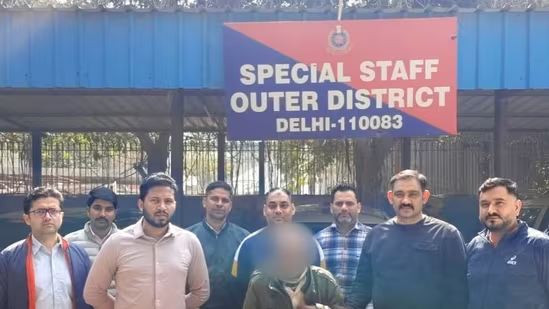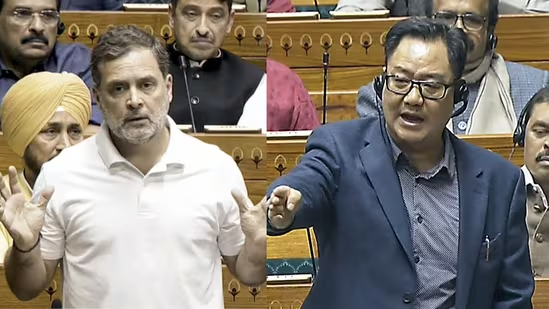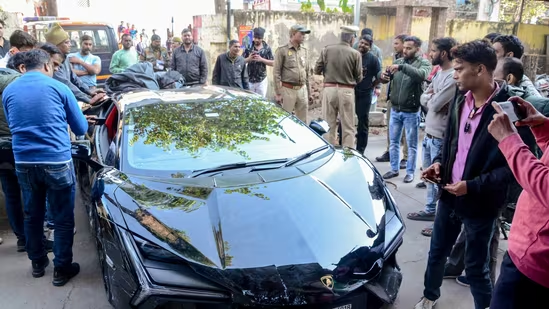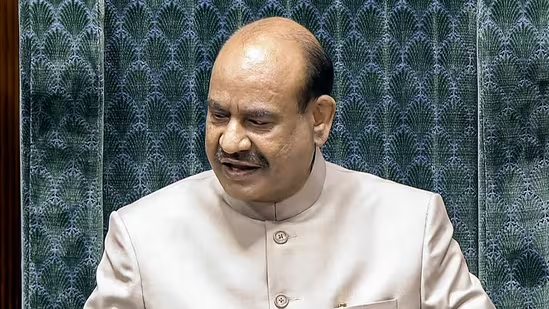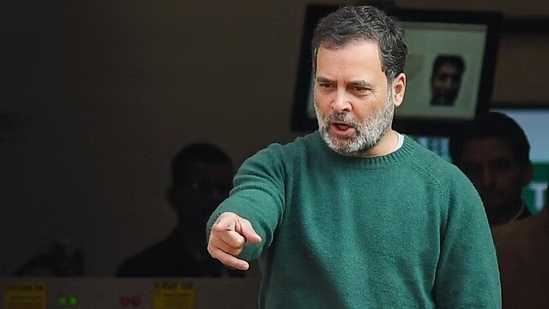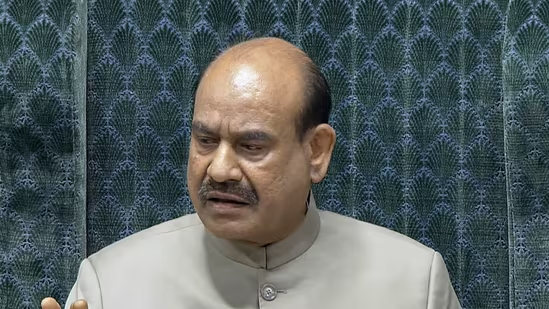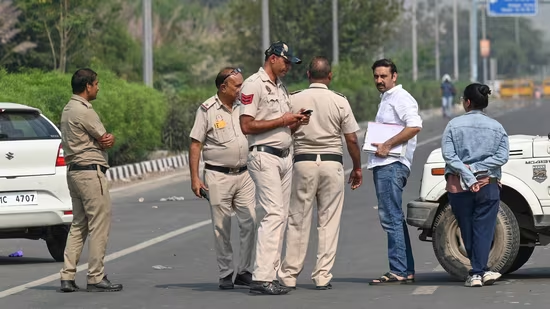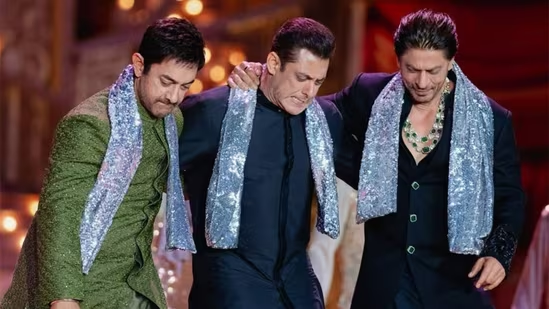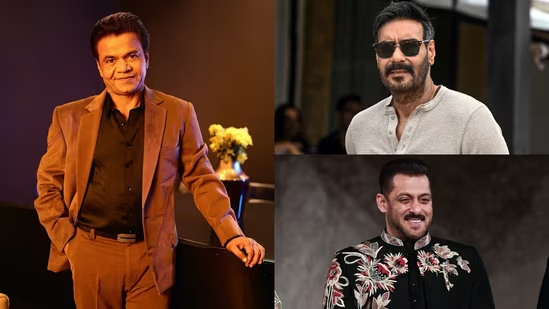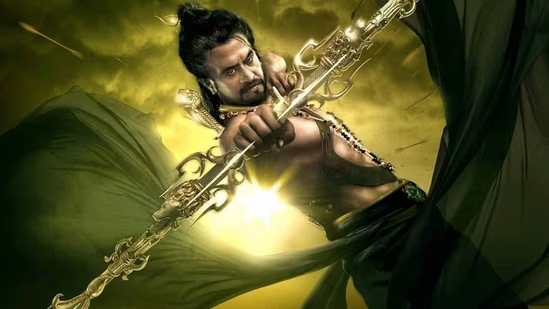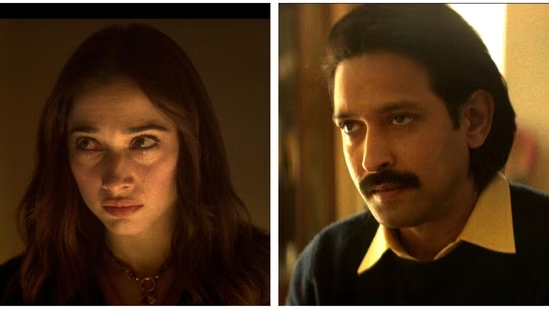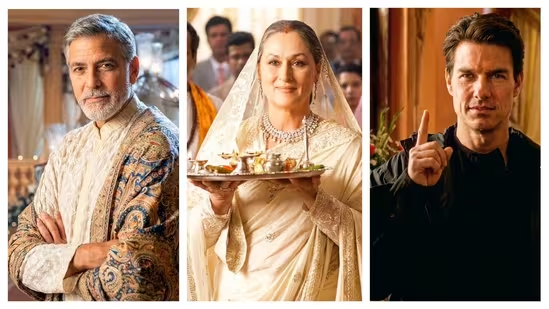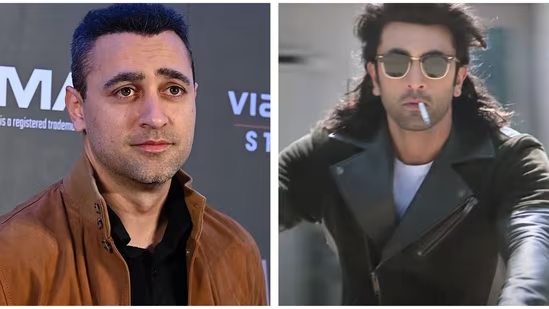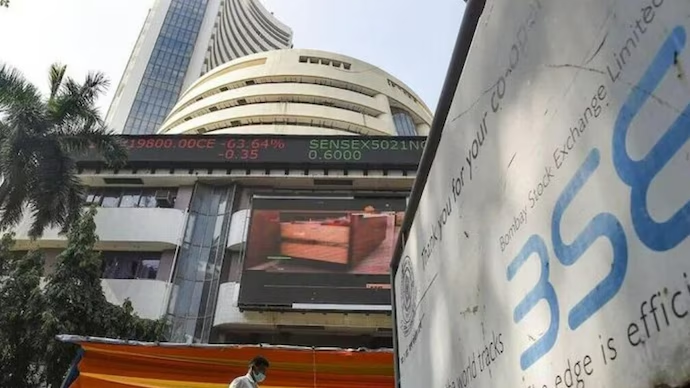The Muslim minority in India is frequently the subject of media attention, particularly during election seasons. There is, however, a conspicuous dearth of impartial reporting surrounding this examination. Many Indian journalists, especially those who work for left-wing media, frequently tell stories about Muslims facing persecution, marginalisation, and genocide. These narratives eclipse more complex and varied community voices.
Depending on whose side of the political spectrum stands to gain, progressive Muslims often have their views drowned out or sensationalised by the media when they do speak out. Liberal journalists, who frequently portray themselves as impartial, hardly ever pose tough questions to the community. Part of the reason for this hesitancy is the risk of the journalist being called ‘Islamophobic’ if they are Hindu or of being written off as ‘right-wing’ if they are Muslim.
“Why are liberals so scared of Islamists?” was a rhetorical question asked by Sreemoy Talukdar, Senior Editor of Firstpost, on X, formerly Twitter. My answer to this is simple: by siding with Islamists, liberals find relevance and a moral high ground. This enables them to argue that they are defending social justice without confronting the more taboo elements of the religion, like polygamy, honour killings, child marriages, domestic abuse, female genital mutilation (FGM), and differences in Sharia law.
The story goes beyond the boundaries of India. This issue was brought to light by Farhan Jeffery, a counterterrorism expert and the deputy director of the UK-based Islamic Theology of Counter Terrorism (ITCT). He pointed out that fear and a misplaced sense of solidarity lead many Western leftists—many of whom are shielded from harsh realities—to form alliances with Islamists. This coalition brings to mind the experiences of Iranian leftists who first backed the mullahs before suffering horrendous persecution.
Jeffrey also drew attention to the hypocrisy that exists in socialist circles, where prominent people frequently take positions in private that are diametrically opposed to their public personalities. Even though they are aware of the true nature of Islamist ideology, these people stick to their positions in order to blend in with their peers or to maintain contacts within their media circles. The pro-Hamas demonstrations on US campuses showed widespread anti-Semitism and attacks on Jewish students, while university administrations failed to adequately confront the problem. This hypocrisy was made clear.
This deceit is not exclusive to the Western world. Liberals and communists in India also shy away from confronting backward traditions among the Muslim minority. Their unwillingness to address topics like honour killings, nikah-halala, triple talaq, and child weddings exposes a selective outrage. They support changes to Hindu laws but oppose the creation of a Uniform Civil Code (UCC) on the grounds that it will jeopardise Muslim identity.
Questioning the sexist aspects of Sharia law or the unequal treatment of women in inheritance disputes is another tactic liberal academics and journalists avoid. By remaining silent, they enable clerics and other traditional Muslim elites to carry out their oppressive activities without facing any opposition.
They are inconsistent in their worldview as well. Liberals hardly ever talk about the women’s uprisings against Islamist regimes in Iran, Afghanistan, Turkey, and Egypt. They steer clear of discussing the origins and fallout from the Arab Spring, especially in nations where reform movements have had differing degrees of success, such as Morocco, Tunisia, and Bahrain.
Furthermore, Muslim reformers frequently face opposition from the same liberals who pose as advocates for social justice when they try to tackle these problems. Known as “right-wing” or “collaborators,” these reformers encounter resistance from both liberals and conservatives in their society. What is particularly concerning is this affiliation with the more radical forces, such as the Muslim Brotherhood, which popularised the term ‘Islamophobia’ in an effort to silence critics.
When the liberal intellectual community started endorsing the Taliban in spite of their harsh policies against women, musicians, and dissidents, it reached a new low. This narrative went so far as to defend the ‘decolonization’ of Kashmiri Pandits and to acknowledge Hamas’s acts against Israel as justifiable resistance, while downplaying the violence involved.
Why, then, do liberals have a fear of Islamists? The moderate Islamists’ façade of modernity and inclusivity conceals their genuine goals of supremacy, and these are the answers.
Eventually, this facade falls apart, exposing their dictatorial inclinations. Liberals frequently take the easy route, endorsing victimisation narratives and dodging contentious issues because they value civility above all else and are afraid of the violent backlash that comes with being called Islamophobic.
These journalists’ timidity is demonstrated by their refusal to look into the situation of women who are subjected to polygamy, FGM, or Sharia laws. Instead of addressing the cultural and socioeconomic injustices that conservative members of the Muslim community continue to promote, they would rather concentrate on upholding their secular credentials.
They so violate the very justice and equality principles they profess to support. Their biassed indignation greatly harms Muslim activists and intellectuals who put their lives in danger to oppose backward behaviours. This fearlessness not only keeps the Muslim community in pain but also jeopardises the larger fight for true social justice and human rights.






